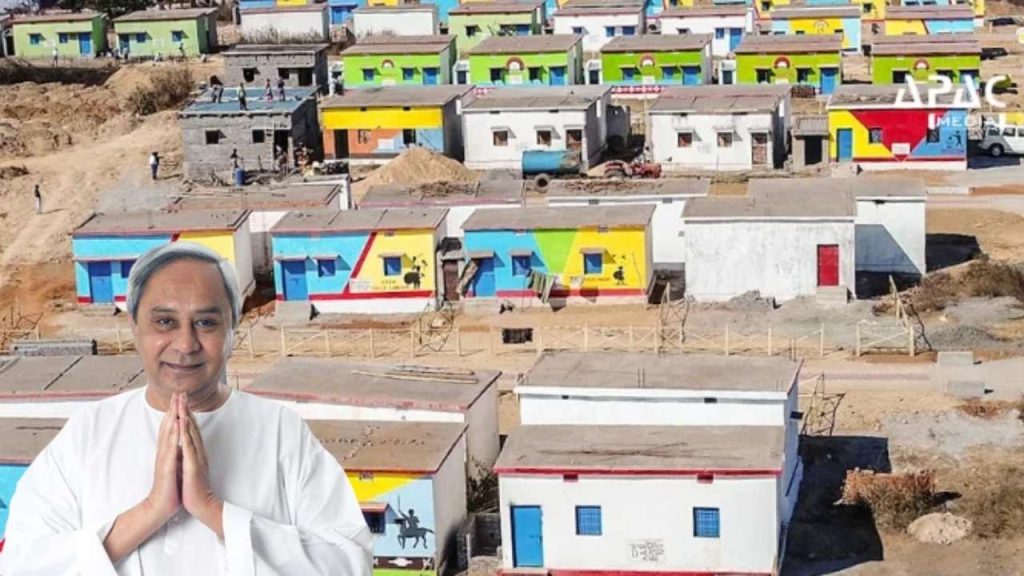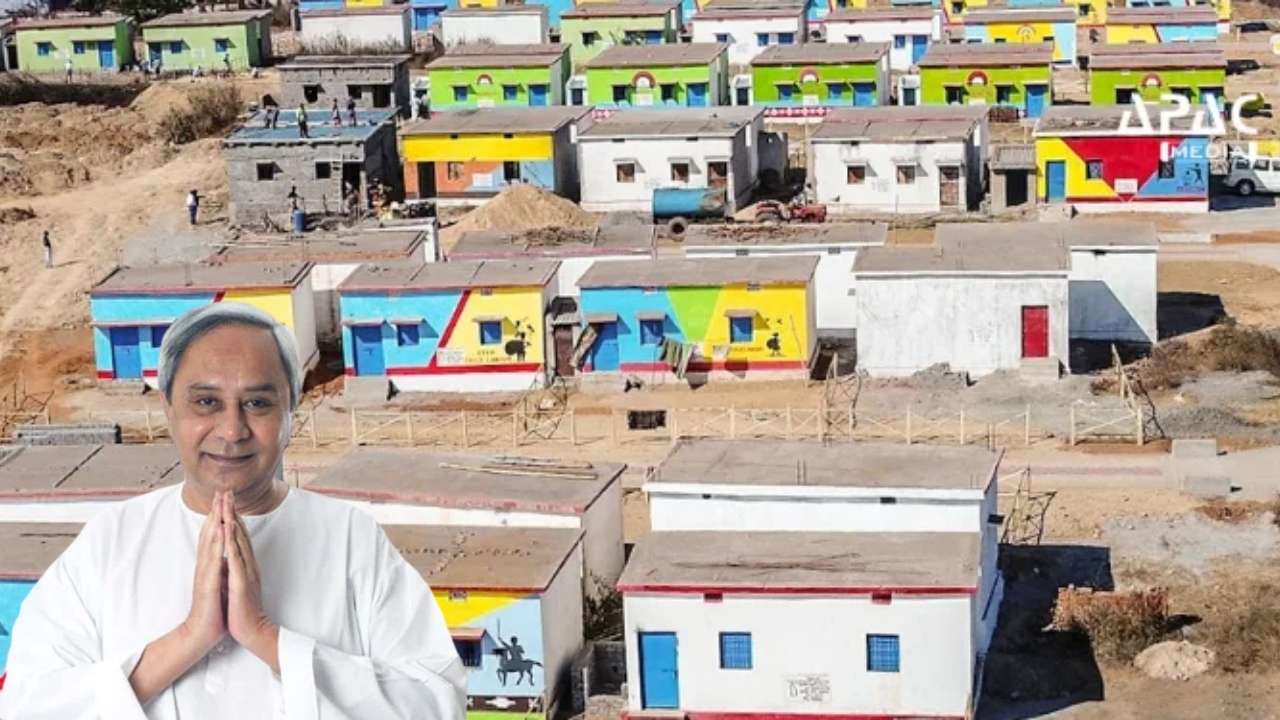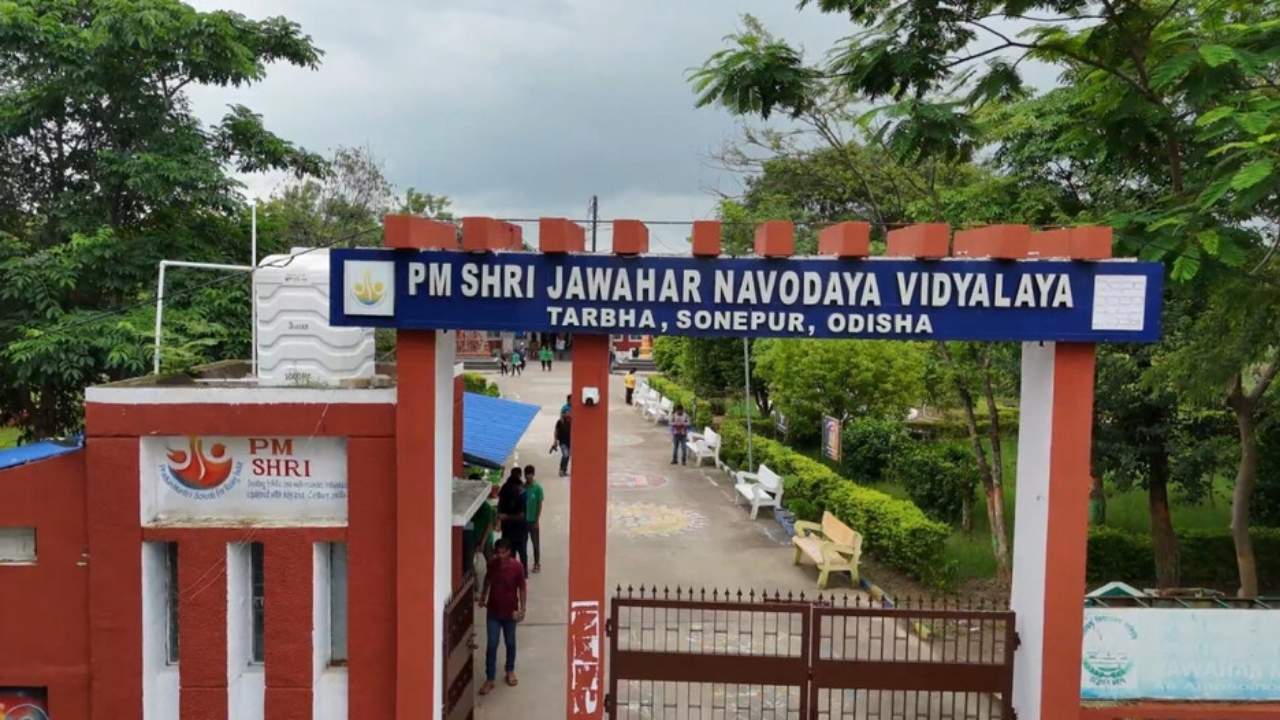The Odisha government has announced the sanction of 50,000 new houses for beneficiaries under the Antyodaya Scheme. This initiative aims to provide secure, permanent housing to the state’s most vulnerable and economically disadvantaged families. The move is part of a broader strategy by the Naveen Patnaik government to address the critical need for rural housing and accelerate poverty alleviation efforts across the state.

Details of the Housing Sanction
The decision was formalized in a high-level meeting chaired by Chief Minister Naveen Patnaik, according to a statement released by the Chief Minister’s Office (CMO). The project will be executed by the Panchayati Raj & Drinking Water Department, which has been directed to ensure timely implementation and quality control.
The government has allocated an estimated budget of ₹800 crore for this phase of the scheme. Each beneficiary will receive financial assistance credited directly to their bank account in instalments, which are linked to the stages of construction. Officials have stated that the goal is to complete the construction of all 50,000 houses within the next 18 months.
Target Beneficiaries and Scheme Objectives
The Odisha Antyodaya housing scheme specifically targets households at the lowest end of the economic spectrum. Eligibility is determined based on several criteria, including:
- Families holding Antyodaya Anna Yojana (AAY) cards.
- Landless individuals and those living in dilapidated or temporary shelters.
- Households headed by single women, persons with disabilities, or other vulnerable groups.
- Families affected by natural calamities such as cyclones and floods.
“Our government is committed to ensuring that every family in Odisha has a safe and dignified place to live,” said Minister for Panchayati Raj, Pradip Kumar Amat, in a press briefing. “This sanction of 50,000 houses is a significant step towards achieving that vision and empowering the poorest of the poor.” The primary objective is to provide beneficiaries with climate-resilient homes, thereby improving their living standards and overall well-being.
Integration with Existing Housing Programs
This new initiative complements Odisha’s existing portfolio of housing schemes, including the state-funded Biju Pucca Ghar Yojana and the centrally sponsored PMAY-G. According to a report from the Panchayati Raj department, Odisha has facilitated the construction of over 30 lakh rural houses in the last decade.

However, government data also indicates a persistent housing deficit, particularly for families excluded from the PMAY-G permanent waitlist. The Antyodaya scheme is designed to bridge this gap by focusing on those who have not been covered by previous programs.
Rain Disaster in Odisha: Sundargarh and Malkangiri Villagers Plead for Aid After Complete Isolation
Debrigarh Sanctuary May Become Odisha’s Third National Park: Official Proposal Submitted
Direct Ranchi–Bhubaneswar Flight Takes Off, Strengthening Odisha’s Air Network
Dr. Rina Mohapatra, a public policy expert at Utkal University, commented on the development. “While the sanction of 50,000 houses is a positive step, the real test lies in its implementation,” she noted. “Ensuring that the benefits reach the intended recipients without administrative hurdles will be crucial for the scheme’s success in long-term poverty alleviation.”
The government has stated that the selection of beneficiaries will be a transparent process conducted at the Gram Sabha level to ensure fairness and prevent exclusion. A robust monitoring mechanism will also be established to track the progress of construction and the disbursement of funds. This move reinforces the administration’s ongoing focus on providing basic necessities and social security to its citizens.





